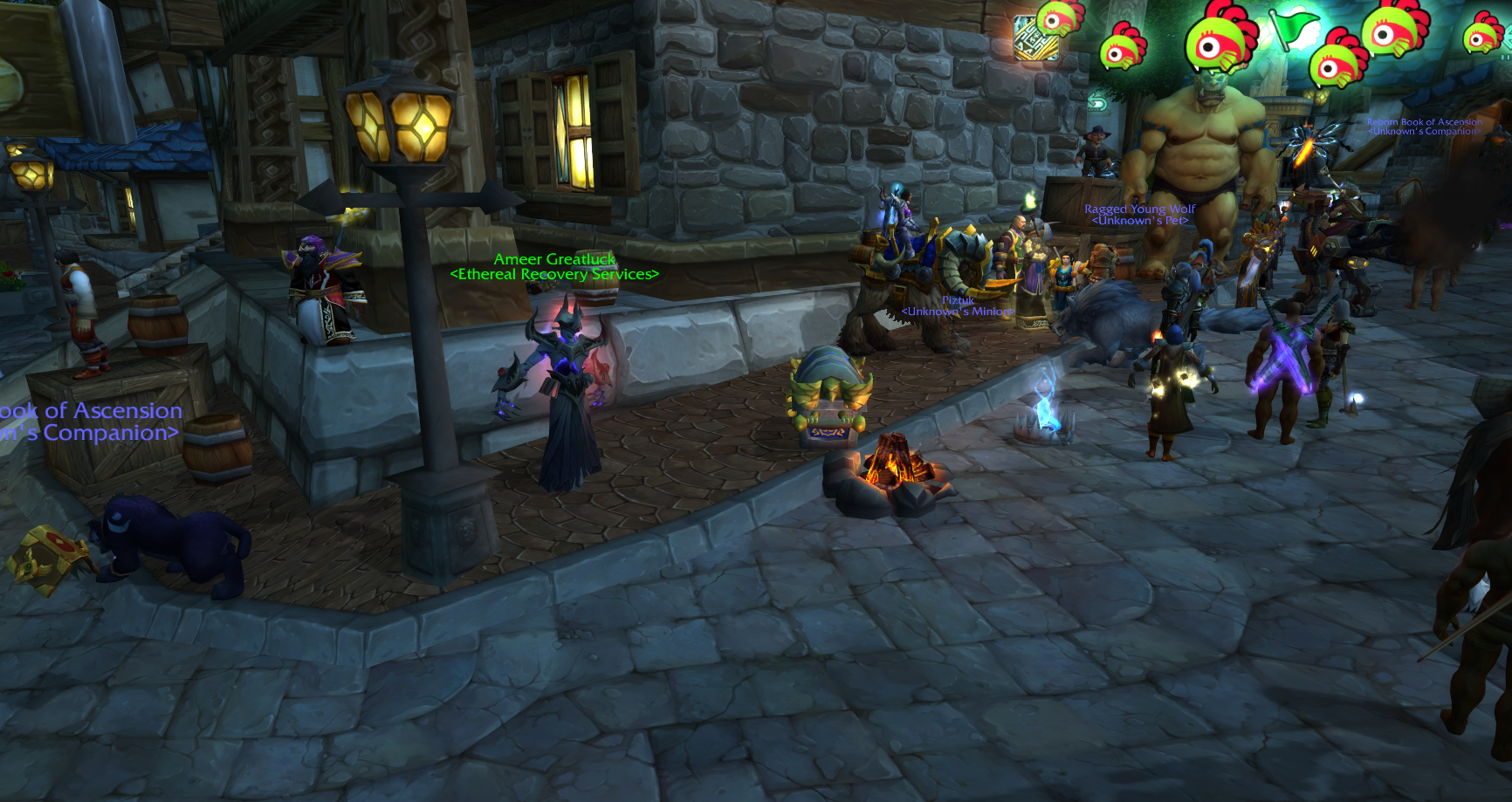

The wages would be a seventh class claim. The employee needs to collect their paycheck from before your loved one passed away.
Example: Your loved one hired an employee to provide in-home care before they died. Seventh Class Claims: Seventh class claims are wages owed to employees of your loved one for up to twelve months prior to their death, medical services up to twelve months prior to their death, and the costs of medical supplies and drugs used in treatment during the last twelve months before their death. There are special rules if you have both judgments and Medicaid debt at the same time, though, so be careful with this one. Any Medicaid bills would be a sixth-class claim. Example: Your loved one was on Medicaid. Example: Your loved one lost a lawsuit and has been ordered to pay $10,000.00 to the other party. Sixth Class Claims: A sixth class claim would be any judgment against your loved one and anything owed to the Department of Health and Human Services. Personal property taxes from local governments would also fall into this category. Example: Your loved one owed $500.00 on their state tax return. Fifth Class Claims: A fifth class claim would be any North Carolina state or local taxes. As scary as the IRS or the NC Department of Revenue may be, they do not come first when it comes to the payment of debts of a deceased person. Example: Your loved one owed $500.00 on their federal tax returns. Fourth Class Claims: A fourth class claim would be any federal taxes or other federal claims. The remainder ($500.00) would become a ninth class claim. The first $1,500.00 of that is a third class claim. Example: Your family chooses a gravestone and burial plot in a cemetery for your deceased loved one that costs $2,000.00. Anything over $1,500.00 would become a ninth class claim. Third Class Claims: A third class claim is the first $1,500.00 of a gravestone and burial site. The first $3,500.00 is a second class claim and the remainder ($2,500.00) would become a ninth class claim. Example: Your family goes to a funeral home and arranges a nice funeral for your loved one. Anything over $3,500.00 would become a ninth class claim. Second Class Claims: A second class claim is the first $3,500.00 of funeral expenses. Practically, this means that if you did not have enough money to pay for everything, the $17,000 would be paid long before you considered whether to pay the $3,000. The $17,000.00 would be a first-class claim and the remainder ($3,000.00) would become a ninth-class claim. Example: Your loved one had a car worth $17,000.00 and has a $20,000.00 lien on it. If the lien is worth more than the property, the remainder of the claim would become a lower priority claim, usually a ninth class claim. First Class Claims: A first-class claim would be a lien on your loved one’s property up to the value of the property. While it may seem like you should go ahead and pay after getting the third notice from a collection company like DCM Services, Ascension Point, or Phillips & Cohen, there is a certain order to pay creditor claims and you should not let these companies lead you to believe their claims are more important than other claims, which by law may have a higher priority: Not all creditor claims are created equal. Ascension point recover services how to#
North Carolina has laws in place about how to handle claims and our attorneys at Hopler, Wilms, & Hanna are also experienced in helping people get through this process and deal with debt collectors. Rest assured, creditor claims are manageable. Losing someone you love is hard enough, but when you have to figure out their finances it might feel like you are facing an impossible task.

This may include mortgages, car payments, funeral payments, medical debt, credit card debt, or so on. When people die, they often leave behind debts. In What Order Do I Need To Pay The Bills? When you are trying to handle the grief of losing a loved one, the last thing you want to deal with is a pushy debt collector. The death of a loved one is never easy, not in the least, because of relentless creditors who continuously call or mail about overdue bills belong to the deceased person.






 0 kommentar(er)
0 kommentar(er)
